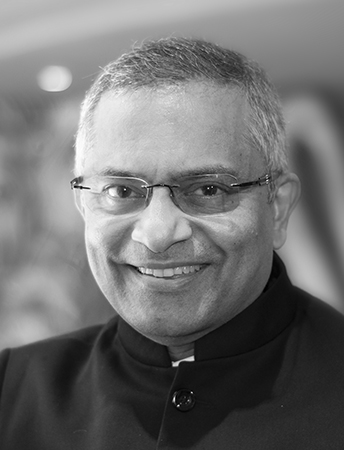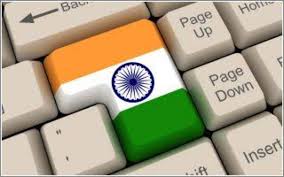While the urban Indian rolls in high tech access to finances, the rural Indian continues to struggle. FinTech implementation in remote areas of India faces several challenges.
Indian FinTech has been concentrating in urban areas of the country, because challenges remain in taking technology to remote parts of the country.
Read more: The FinTech way of solving India’s high NPA situation
The Indian stock market is plump with millions that investors are pumping into it. According to Goldman Sachs, India could surpass the UK as the world’s 5th largest stock market by 2024. The Indian FinTech ecosystem has been raking in funds from eager investors.
However, spreading the access to this wealth is still a challenge.
Access to FinTech in remote areas will ensure ease of business and smooth processing for consumers in vulnerable sections. These can include access to a payments system, available cash in the form of abundant ATMs, easier access to credit with clear terms, etc.
Micro, Small and Medium Enterprises (MSMEs) is working to reach out to the rural unbanked population of India through FinTech. Still, there is much that needs to be done, or rather, overcome. Not everyone owns a smartphone, language barriers hinder progress, and digital illiteracy makes tech adaption slow in rural India.
The Tech Panda spoke to PT Suresh, Founder and Director of Paycraft Solutions, a FinTech company founded in 2013 with an aim to enable and ease urban mobility, about the issues that need to be solved so that FinTech can reach rural India.

PT Suresh
There is no dearth of technology required to aid and implement financial inclusion in rural and remote areas of India. However, more than technology it is the technology enablers that are important for aiding financial inclusion programs
“There is no dearth of technology required to aid and implement financial inclusion in rural and remote areas of India. However, more than technology it is the technology enablers that are important for aiding financial inclusion programs.
Composite Credit Scoring
Most FinTech companies have complemented the standard credit rating scores with their own credit rating system modelled on consumer behaviour, non-traditional markers of credit worthiness and other indices, all modelled and analysed with complex algorithms.
“Banks should therefore look beyond traditional published indices of credit worthiness,” says Suresh.
Skilled Resources
Another deterrent is brain drain to bigger cities. The demand and wages are high for IT technology based skilled resources in urban areas compared to rural areas. This is compounded by the fact that the youth is attracted to the faster and vibrant lifestyle of cities.
This creates a huge need gap, and unless the infrastructure and facilities in rural areas contribute to a better quality of life, this aspect will always remain a big challenge
“This creates a huge need gap, and unless the infrastructure and facilities in rural areas contribute to a better quality of life, this aspect will always remain a big challenge,” says PT Suresh.
While remote working practices due to the pandemic has caused many to move to rural areas, there is hope that a hybrid style will evolve.
“Human resources should be leveraged by skilling and positively engaging with them to achieve the last-mile connectivity of financial institutions in rural India,” he adds.
Connectivity
Reliable and adequate bandwidth for the Internet and remote connectivity for data exchange have been terrible in India even in urban areas. This has birthed a big gap in the digitisation and use of technology in rural and remote areas of the country.
How India utilises the power of 5G technology can really make a difference here
How India utilises the power of 5G technology can really make a difference here, says Suresh.
“Government and their think tanks, like Niti Ayog, etc., are adopting a multidimensional approach through which existing digital platforms, infrastructure, human resources, and policy frameworks are being strengthened,” he says.
The Power of FinTech
India is doing doubtlessly well in FinTech. The challenge only remains to include the big chunks of rural population.
Read more: Green NFTs: Supporting carbon neutrality & giant pandas with NFTs
Overcoming these challenges occupies a good part of Indian industry, spelling hope for rural India. Slowly, the focus from urban India must extend to tier 3 and 4 cities, and then to those areas that struggle with connectivity.
The power of FinTech can lift the vulnerable parts of any country, which is why the efforts to take FinTech to them in the most efficient manner is significant.











